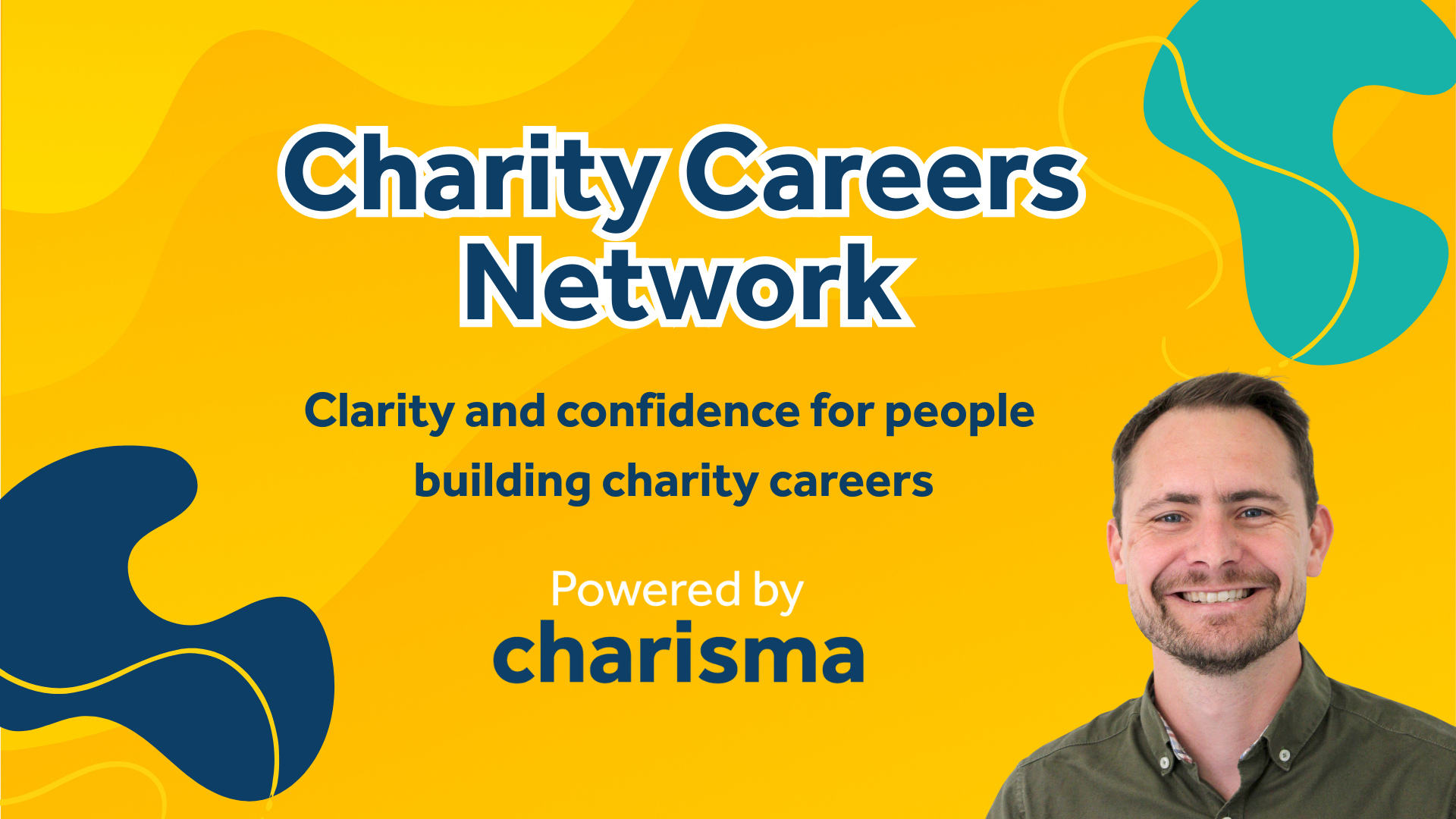







Interview tips and techniques for the charity and non-profit sector
Ace your next charity interview...discover how to stand out with purpose, values, and impact – not just polished answers.
In today’s evolving charity and non-profit sector, interviews have evolved into a deeper exploration of skills, values, and purpose. Organisations are looking for candidates who have the practical expertise and demonstrate authenticity, empathy, and alignment with charitable values. Whether you’re applying for a finance, fundraising, or leadership position, standing out in a competitive market means combining professionalism with purpose.
1. Understand the sector’s shifting priorities
The UK charity sector continues to adapt to hybrid work, digital transformation, and increased donor accountability. When preparing for interviews, take time to research the organisation’s mission, funding model, and current challenges. Understanding how your skills can contribute to sustainability, impact measurement, or governance can show that you’re not just job-hunting, you’re purpose-driven.
2. Embrace value-led communication
Charities often look for candidates who align with their mission. Be ready to share how your personal values resonate with the organisation’s mission. You might highlight your volunteering experience, projects that improved community engagement, or your motivation to work in a cause-based environment.
Interviewers increasingly assess cultural fit and emotional intelligence, qualities that are crucial in people-focused roles. Demonstrating empathy, teamwork, and resilience can set you apart, especially when these traits are backed by real examples.
3. Use the STAR method for stronger answers
The STAR technique - Situation, Task, Action, Result, remains one of the most effective frameworks for structuring interview responses. It helps you communicate your experience with clarity and impact.
- Situation: Describe the context.
- Task: Explain your responsibility or objective.
- Action: Detail the steps you took.
- Result: Share the outcome and ideally, quantify it.
4. Prepare for competency and scenario-based questions
Charities are increasingly asking scenario-based questions, encouraging candidates to demonstrate adaptability, teamwork, and collaboration in real‑world charity settings.
Expect questions such as:
1. Managing priorities and workload
Question: Tell me about a time you managed completing priorities within tight deadlines.
Why it’s asked: Charity roles often involve juggling multiple projects with limited resources. Recruiters want to see organisation, decision-making under pressure, and consistent delivery quality.
2. Ethical decision-making
Question: How would you handle a disagreement over how donations should be allocated?
Why it’s asked: Candidates are assessed on their ethical judgement, alignment with organisational values, and ability to handle sensitive situations responsibly.
3. Teamwork and collaboration
Question: Describe a situation where you worked with a team to achieve a challenging goal.
Why it’s asked: Collaboration is essential in charities, where projects often involve cross-functional teams. Recruiters want to know that you can contribute effectively and support team success.
4. Leadership and initiative
Question: Can you give an example of when you took the lead on a project or initiative?
Why it’s asked: Even non-managerial staff are expected to demonstrate proactive problem-solving and the ability to influence positive outcomes.
5. Adaptability and problem-solving
Question: Tell us about a time you had to adapt quickly to a change in a project or process.
Why it’s asked: Charities operate in dynamic, resource-constrained environments, so candidates must show flexibility, resilience, and the ability to handle unexpected challenges.
6. Stakeholder engagement
Question: How would you communicate complex information to a board member or donor?
Why it’s asked: Clear and professional communication is critical, particularly in finance, operations, and fundraising roles, where stakeholders rely on accurate and understandable reporting.
Prepare a few STAR examples beforehand that reflect key competencies like communication, collaboration, problem-solving, and safeguarding awareness.
5. Ask insightful questions
Interviews are a two-way process. Thoughtful questions demonstrate engagement and professionalism.
You might ask:
- How does the organisation measure its social impact?
- What are the key priorities for this role in the next six months?
- How does the charity support professional development for its staff?
These types of questions show genuine interest and strategic thinking, qualities highly regarded in today’s candidate market.
6. Follow up with purpose
Finally, always send a short thank-you email after your interview. Express appreciation for the opportunity and reiterate your enthusiasm for the role. A simple gesture like this reflects professionalism and emotional intelligence two traits that never go out of style.
The charity and non-profit sector thrives on collaboration, compassion, and accountability. By combining the STAR method with a strong understanding of an organisation’s purpose, you’ll leave a memorable impression. You’ll show that you are the kind of candidate who leads with both skill and heart, exactly what the sector needs now and in the future.














